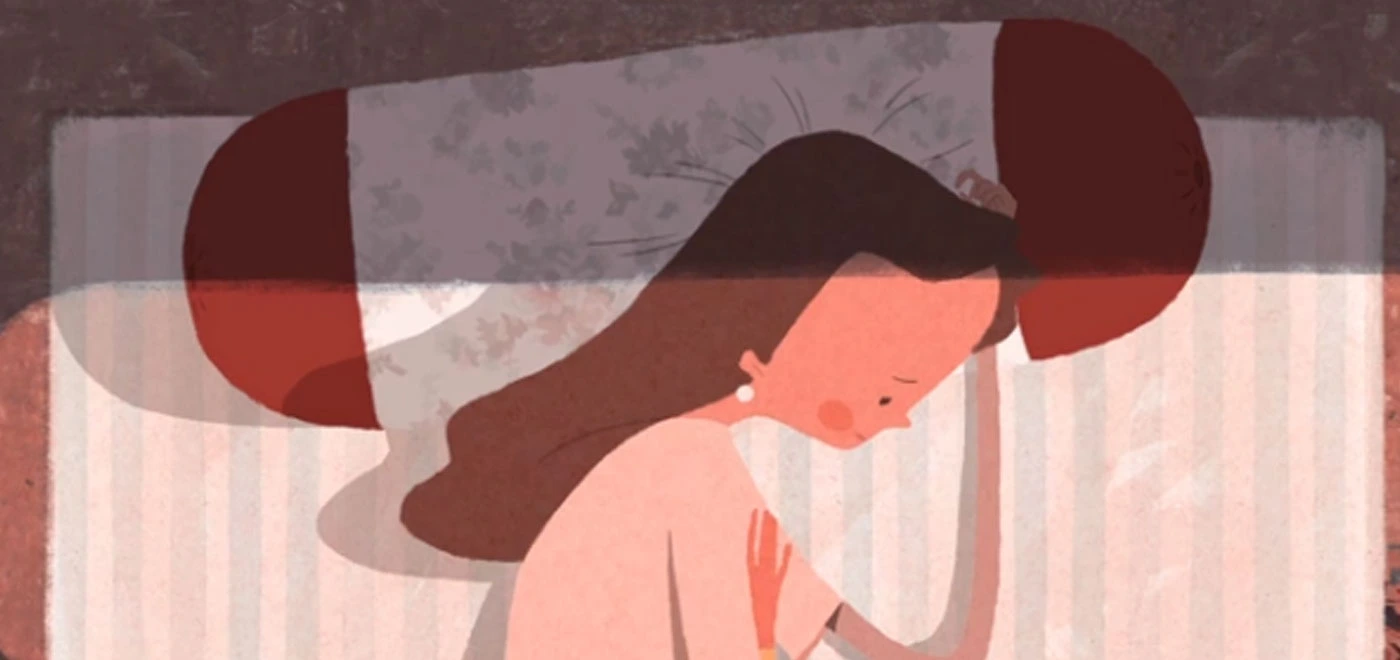Caregivers in Context: In the Shadow of the Cypress and PTSD Caregiving Resources
Caregivers in Context: In the Shadow of the Cypress and PTSD Caregiving Resources

Understanding PTSD Through the Lens of Caregiving
Caring for a loved one with Post-Traumatic Stress Disorder (PTSD) is an emotional and complex journey. PTSD doesn’t just affect the individual diagnosed with it—it impacts the entire family, especially those in caregiving roles.
The Oscar-nominated animated short film In the Shadow of the Cypress offers a deeply moving portrayal of this reality. Through the relationship between a father and daughter, the film explores the weight of caregiving, the emotional toll of PTSD, and the struggle for connection in the face of trauma.
This article will examine the film’s depiction of PTSD, its impact on caregiving dynamics, and provide essential caregiver resources to help navigate the challenges of supporting a loved one with PTSD.
A Recap of In the Shadow of the Cypress
In the Shadow of the Cypress tells the story of a daughter caring for her father, a war veteran struggling with PTSD. Set in a haunting yet serene coastal landscape, the film follows their journey as they navigate the emotional barriers PTSD creates.
The father, burdened by traumatic memories, often withdraws or reacts unpredictably, making it difficult for his daughter to connect with him. Despite her love and dedication, caregiving becomes an isolating and emotionally draining responsibility.
One of the most striking symbols in the film is a beached whale that appears near their home. The daughter desperately attempts to save it—mirroring her relentless efforts to help her father. The whale serves as a powerful representation of the immense burden caregivers carry, struggling to provide care while feeling helpless in the face of their loved one’s suffering.
PTSD and Its Impact on Family Caregivers
PTSD doesn’t exist in isolation—it affects relationships, communication, and emotional well-being within families. Caregivers often experience:
- Emotional exhaustion – Constantly managing symptoms and emotional outbursts.
- Social isolation – Loved ones with PTSD may withdraw, making caregivers feel alone.
- Guilt and helplessness – Struggling to meet their loved one’s needs while balancing their own well-being.
The daughter in In the Shadow of the Cypress reflects the real-life experiences of many PTSD caregivers who bear the emotional, mental, and physical weight of caregiving without adequate support.
Caregivers must recognize that seeking help and resources is not a sign of failure—it is essential for their own well-being and the well-being of their loved one.
The Role of the Caregiver: Love, Responsibility, and Burnout
The daughter’s journey in the film highlights the difficult balance caregivers face between their responsibility to care for their loved one and their own emotional needs.
Caregiving for someone with PTSD requires:
- Patience and resilience – Symptoms like flashbacks, emotional numbness, and mood swings can be unpredictable.
- Emotional strength – Caregivers often suppress their own emotions to support their loved one.
- Self-care strategies – Without proper support, caregivers risk burnout, anxiety, and depression.
The film serves as a reminder that caregivers need support too—whether through professional resources, peer networks, or mental health services.
Caregiver Resources for Supporting a Loved One with PTSD
Caregiver Action Network (CAN) provides essential resources to help PTSD caregivers navigate their journey:
1. Caregiver Help Desk
A free and confidential service that connects caregivers with experts who offer guidance, emotional support, and connections to local resources.
2. PTSD Caregiver Guide
📌 Guide for Supporting a Loved One with PTSD
A comprehensive resource covering:
-
- Communicating with healthcare providers
- Engaging family and friends as part of the care team
- Managing PTSD-related challenges and triggers
3. Peer Support Community
📌 Caregiver Action Network Facebook Group
A private group where caregivers can share experiences, ask questions, and find encouragement from others who understand their struggles.
4. Professional Mental Health Support
📌 National Center for PTSD
📌 Give an Hour – Free mental health support for caregivers and veterans.
Preventing Caregiver Burnout: Self-Care Strategies
Taking care of someone with PTSD can be emotionally draining. Caregivers must prioritize their own well-being to prevent burnout.
1. Set Boundaries
It’s okay to take breaks and establish limits on your availability.
2. Seek Support
Joining a caregiver support group or talking to a counselor can help process emotions.
3. Practice Self-Care
Engage in hobbies, exercise, or relaxation techniques to reduce stress.
4. Build a Support System
Surround yourself with people who understand your role and can offer help when needed.
When caregivers ignore their own needs, they risk burnout, which can negatively impact both their health and their ability to provide care.
Final Thoughts: The Strength of Caregivers
In the Shadow of the Cypress is a deeply moving exploration of the emotional toll of caregiving and the struggles faced by those supporting a loved one with PTSD.
The film highlights the strength, resilience, and love that caregivers bring to their role—while also underscoring the need for support, education, and self-care.
If you are caring for someone with PTSD, remember: You are not alone. Resources and support networks are available to help you navigate this journey with strength and compassion.
For more caregiver resources, visit:
📌 Caregiver Action Network
📌 PTSD Caregiver Guide
📌 Caregiver Help Desk
📌 Caregiver Peer Support Community



